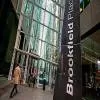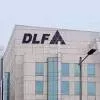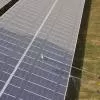Virgin Atlantic Makes History with World's First Net Zero Flight
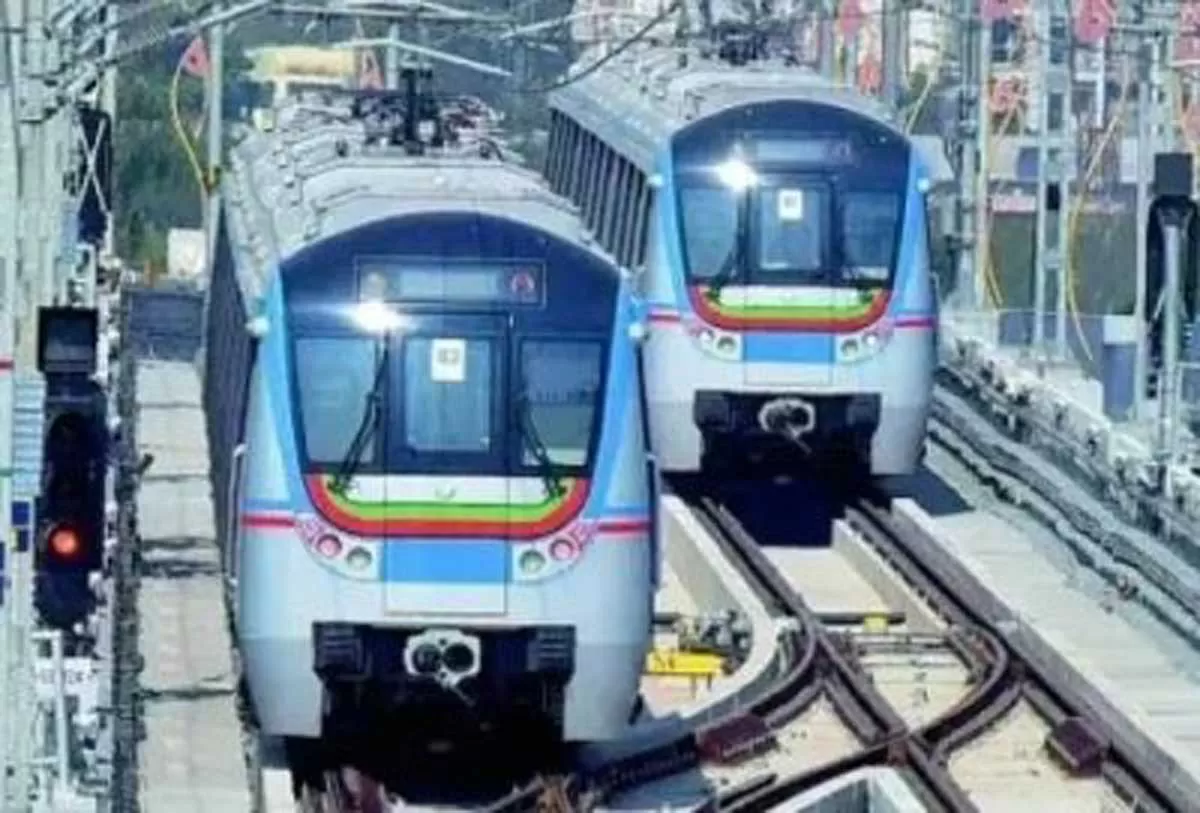
Kolkata Metro Set to Launch Airport Line by Year-End
Kolkata Metro is gearing up to introduce a new airport line by the year's end, aiming to significantly improve city-wide transportation. This new line, an extension of the existing metro network, promises enhanced connectivity for commuters travelling to and from Netaji Subhas Chandra Bose International Airport.
The upcoming airport metro line is part of Kolkata Metro's efforts to expand its reach and cater to the growing transportation needs of the city. Once operational, it is expected to ease traffic congestion and provide a faster, more reliable alternative for air travellers and da..
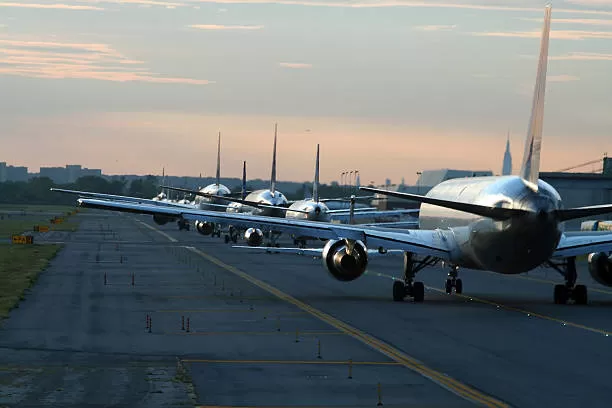
IndiGo Expanding Regional Network with 100 Smaller Planes
IndiGo, the renowned player in India's aviation industry, is set to bolster its regional connectivity with a strategic move to acquire 100 smaller aircraft. This ambitious plan aligns with the airline's vision to broaden its reach and cater to burgeoning demand in untapped markets.
The decision to invest in a fleet of smaller planes underscores IndiGo's commitment to enhancing accessibility, especially in regions where conventional aircraft may face operational constraints. By venturing into this segment, the airline aims to seamlessly integrate remote destinations into its network, th..
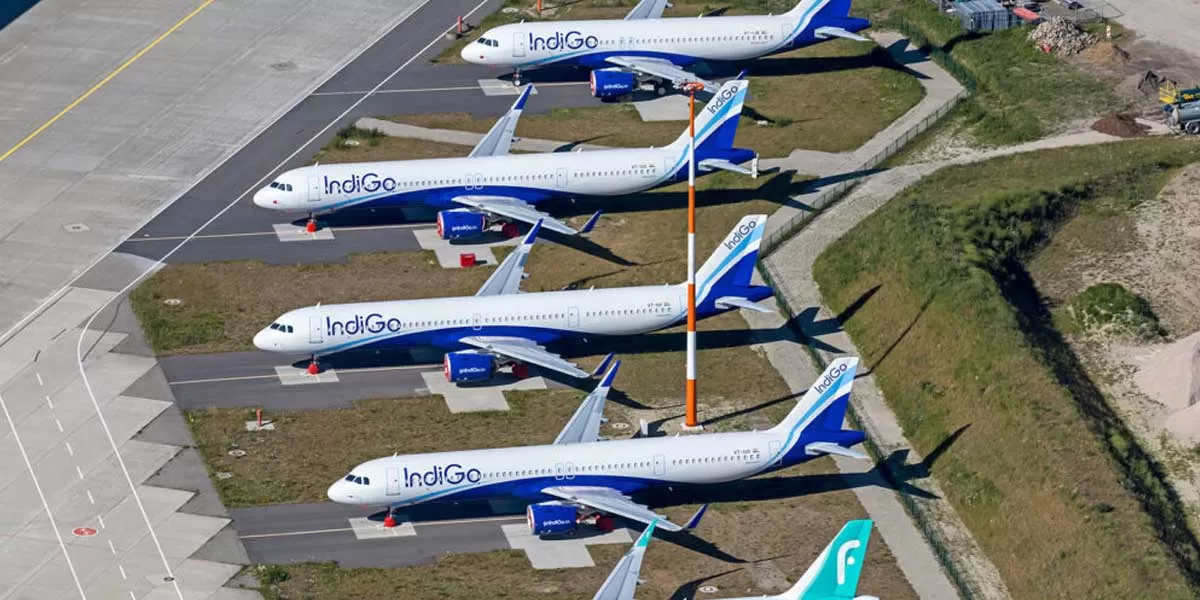
Qatar Airways CEO urges Boeing, Airbus to reduce new jet delays
During the Qatar Economic Forum in Doha, Qatar Airways CEO Badr Mohammed Al Meer expressed concerns regarding the delivery delays of new aircraft from planemakers Airbus and Boeing. Al Meer emphasised the necessity for both companies to exert more pressure on their suppliers to address these delays, which are impeding airlines' capacity to meet the increasing demand for travel.
Al Meer stated that Qatar Airways is endeavouring to support both Boeing and Airbus in finding solutions to expedite deliveries. He acknowledged the challenges faced by the planemakers in the supply chain market..



